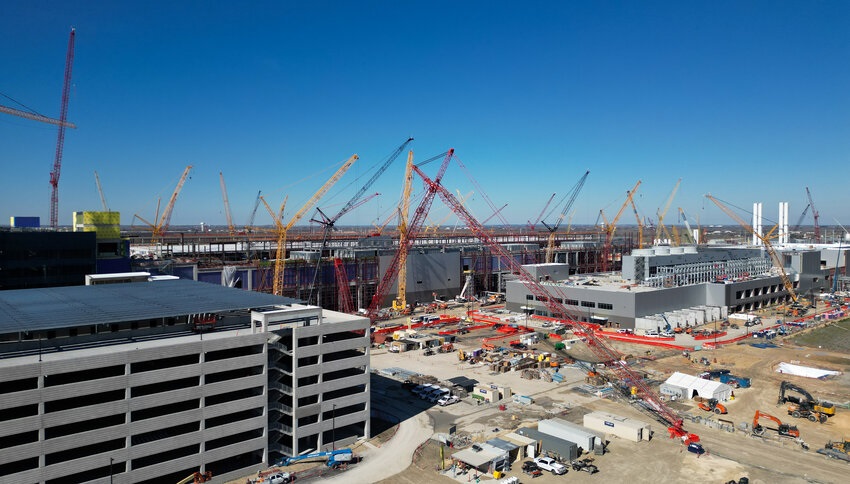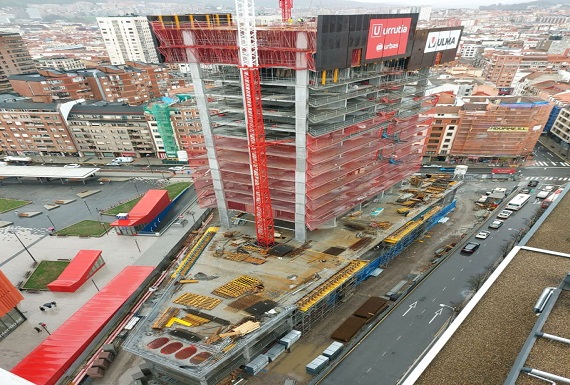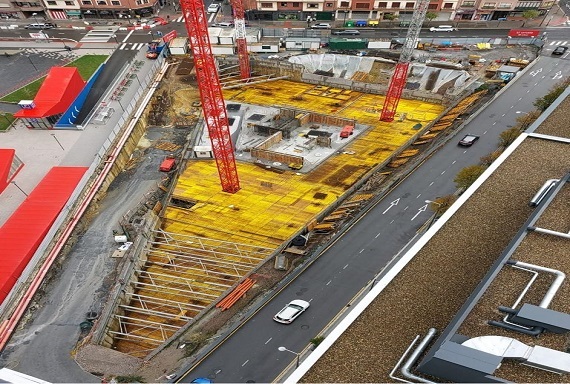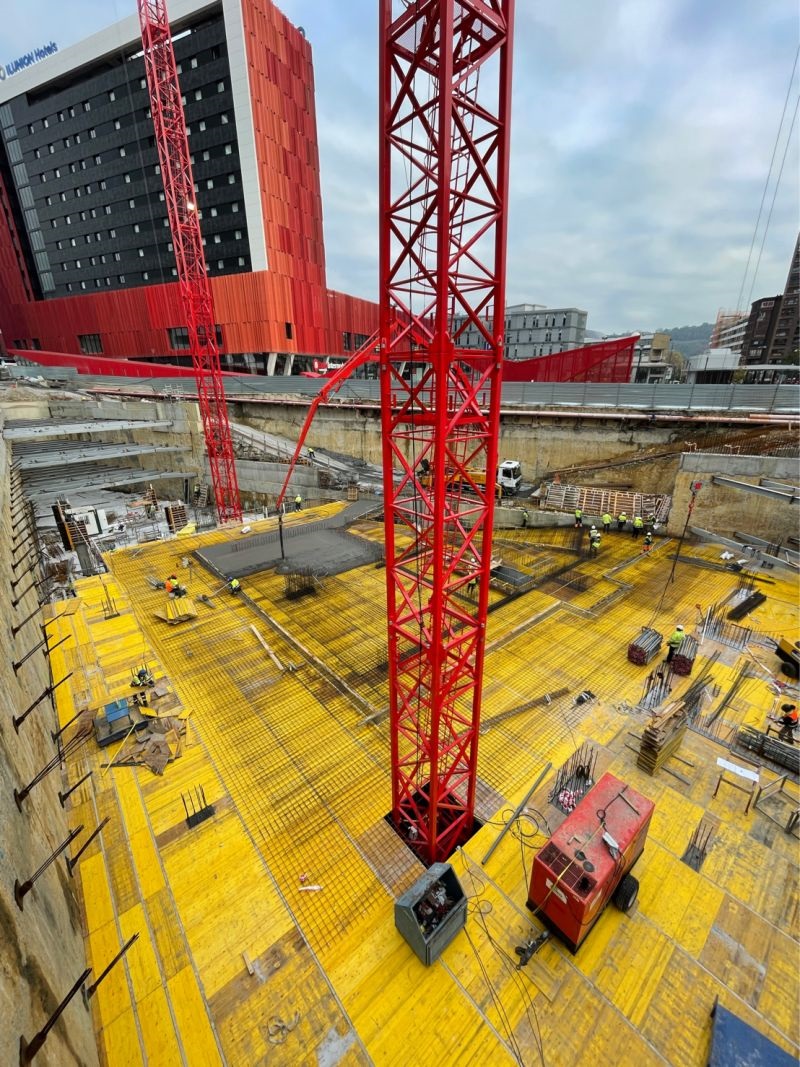Construction Contract
A construction contract agreement is a form that documents all of the work you will do for a customer. A contract is only valid once both parties ratify it by signing in agreement. In contrast to a contractor invoice, a construction contract is made before any of the work is done to ensure that both parties are in agreement. From that point, it serves as a point of reference throughout the job and enables the inspection and acceptance of completed work.
A contract always allows for modifications and change orders, but you must amend it accordingly — any area you modify requires proper documentation and reporting. A construction contract agreement terminates upon completion or satisfaction of contractual obligations.
Design-build contracts
Unit price contracts
Time and material contracts
Guaranteed maximum price contract (GMP)
Types of Construction Agreements
There are several different ways of going about construction contracts. Deciding which type to go with is one of the most difficult parts of making an agreement. That said, it’s key to know how to price a job and what format works best for your business before agreeing to a contract and taking on a new project. Here’s a quick guide through the different types of construction contract agreements.
1. Lump Sum contracts
2. Cost plus contracts
3. Design-build contracts





.jpg)